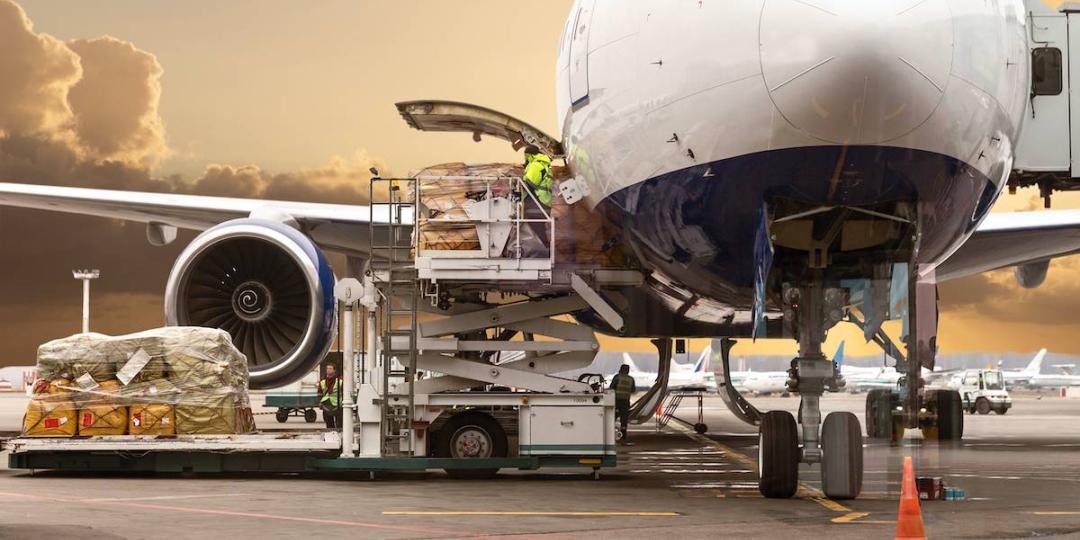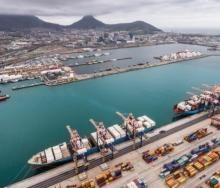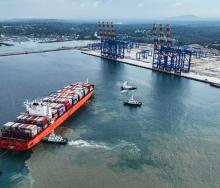Air cargo in Africa is set to double by 2030 as the mode plays a key role in driving economic growth under the Africa Continental Free Trade Area (AfCFTA).
This was among the key trade trends and opportunities highlighted at the Chartered Institute of Logistics and Transport’s Air Cargo Conference at Emperors Palace in Gauteng recently.
Dr Joachim Vermooten, owner of Vermooten and Associates, said AfCFTA created a new basis for the liberalisation of African air transport to develop an integrated internal market instead of a small step “piecemeal” approach based on arrangements between individual states.
“The African Continental Free Trade Area provides a new opportunity to restart African air transport liberalisation with the objective of actually achieving a truly internal single African air transport market. This is in contrast to the current Single African Air Transport Market, which only seeks to implement the Yamoussoukro Declaration of 1988 (35 years ago) still based on Bi-lateral Air Service Agreements between States, of which the implementation is inadequate,” Vermooten said.
Airlink Cargo executive manager, Hardus Kuschke, said: “There is endless potential for growth in Africa due to the increase in demand. Aviation traffic is predicted to more than double by 2037. The boom in the movement of cargo will accelerate development. Cargo yields are declining at the moment but are still higher than pre-Covid levels.
“There are freighter operations to main hubs, but there is a need for connectivity to smaller hubs. E-commerce is underdeveloped. Africa’s annual economic growth remains strong.
The need for bonded transport continues to grow,” he said.
However, he added that there were some limitations to development, including support functions from an airline's perspective, like reliable port and rail infrastructure for jet fuel.
Inconsistent authorities, border control processes, sub-standard security, corruption and competitiveness were also challenges, while some IT systems were not capable of integration.
SA Association of Freight Forwarders executive for SARS and Other Government Agencies executive, Devyln Naidoo, said supply-side constraints and infrastructure deficits needed to be overcome and non-tariff barriers had to be eliminated.
“Equally important to the elimination of tariff barriers is the elimination of non-tariff barriers and the creation of an intact continental logistics network to support the growth of intra-Africa trade,” Naidoo said.
“Supply chains are dependent on an efficient logistics network. This includes efficient port infrastructure, road and rail networks, a secure and safe trading environment and efficient customs and other government agency compliance processes and procedures.”
Naidoo added that skills development and capacity building to develop a young supply chain were also key aspects to integrating and advancing the sector across the continent.













